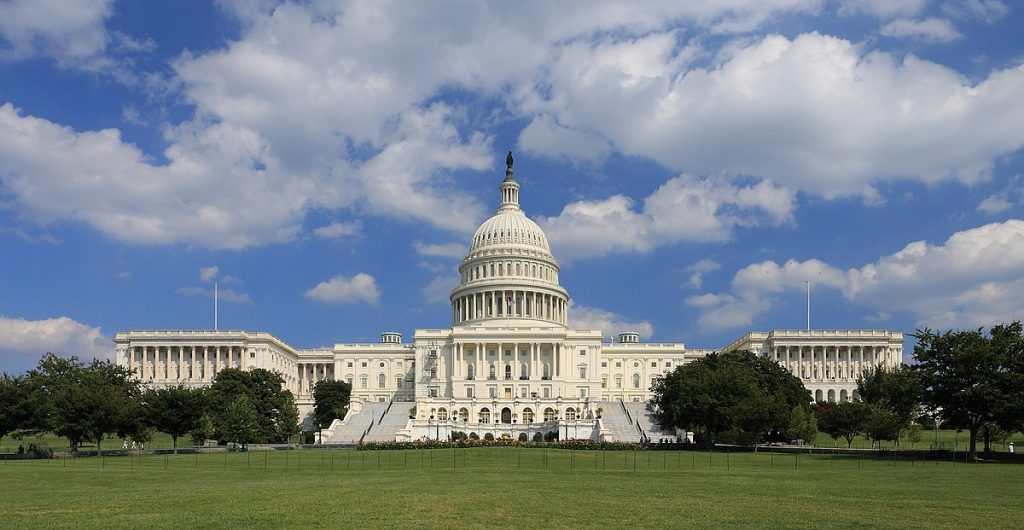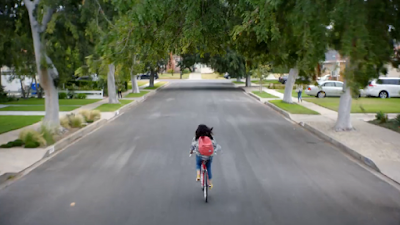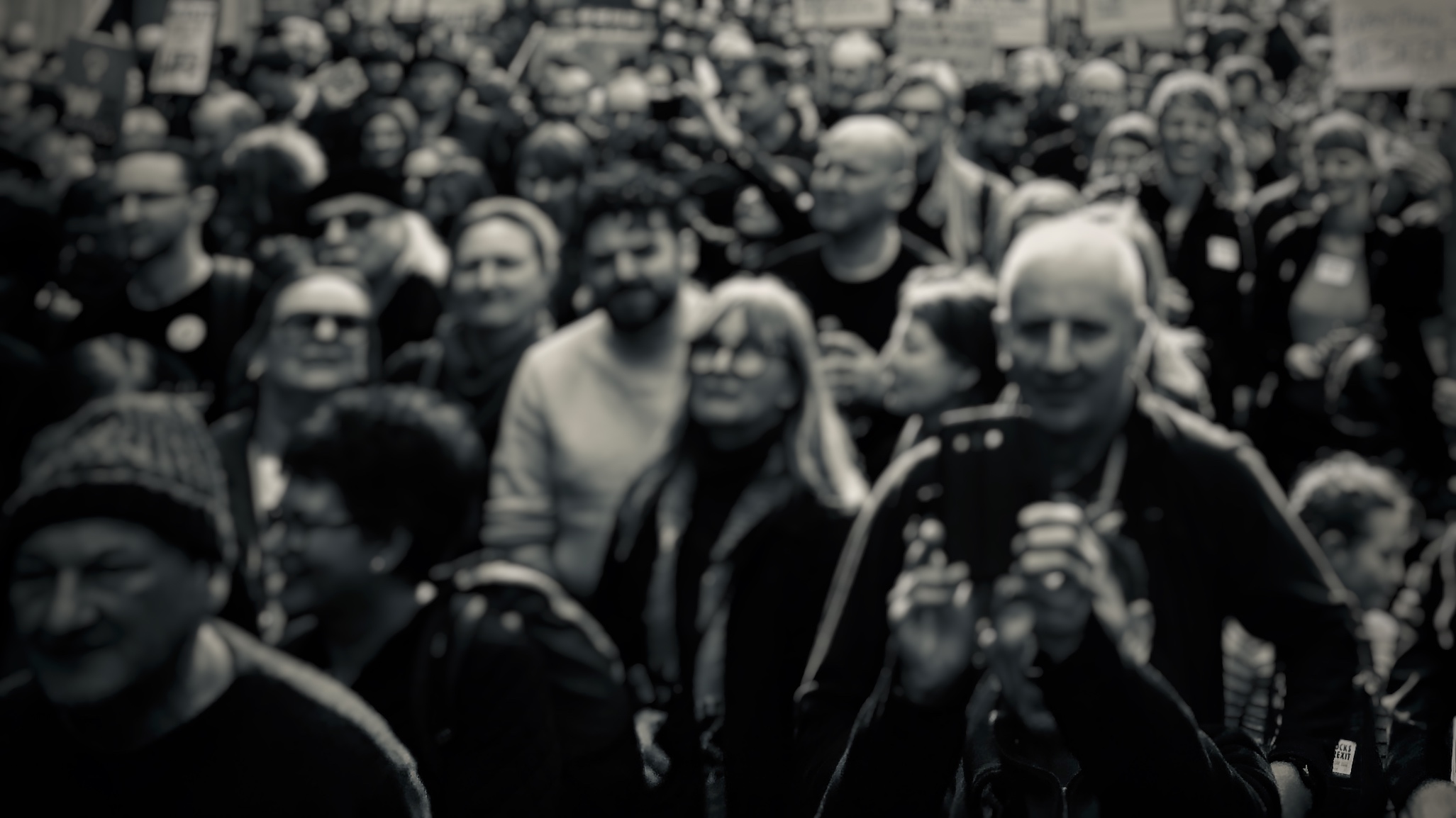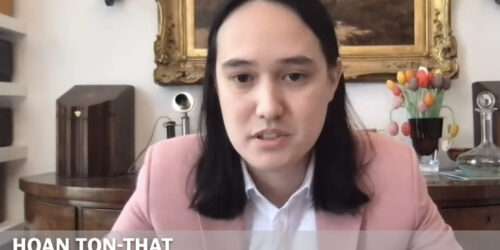US Senate Proposes AI Deepfake Regulation

Rain News is reporting that the US Senate is stepping up to the challenge of AI driven deepfakes with the “No Fakes Act” to protect biometric information such as voice and visual likeness from use in AI.
Brad Hill reports that the Nurture Originals, Foster Art, and Keep Entertainment Safe (“No Fakes Act”) will prevent musicians and performers from unauthorized use of their voice or likeness.
The bill quotes the examples of the Drake deepfake, “Heart On My Sleeve” and deepfake versions of Tom Hanks used for a dental commercial. While the use of AI technology to create highly realistic deepfakes might be new, similar issues have long been the subject of dispute in the courts.
In Midler v Ford the courts found that Ford Motor Company had breached Bette Midler’s personality rights when they commissioned a soundalike singer to perform a song previously released by Midler for use in a television commercial. In finding for Midler the court noted:
“A voice is as distinctive and personal as a face. The human voice is one of the most palpable ways identity is manifested. We are all aware that a friend is at once known by a few words on the phone.”
Similarly, the US Federal Courts established in White v Samsung that personal visual identity could be protected from unauthorised use even when utilised in a stylised manner.
Introducing the bill, the US Senate noted that:
“Generative AI has opened new worlds of creative opportunities, providing tools that encourage millions of people to explore their own artistic potential. Along with these creative benefits, however, these tools can allow users to exploit another person’s voice or visual likeness by creating nearly indistinguishable digital replicas.”
Notably the legislation would hold both individuals and companies liable for the production of deepfakes and platforms if they fail to take down such deepfakes once they have knowledge of them.
Right now the bill has only been released for discussion, but if introduced would amount to a significant development in the regulation of biometric identity by AI, VFX and deepfakes.






